Almost a third of Tube stations 'at risk of flooding'
'Only a matter of time' before heavy rainfall strikes London's transport network, report warns
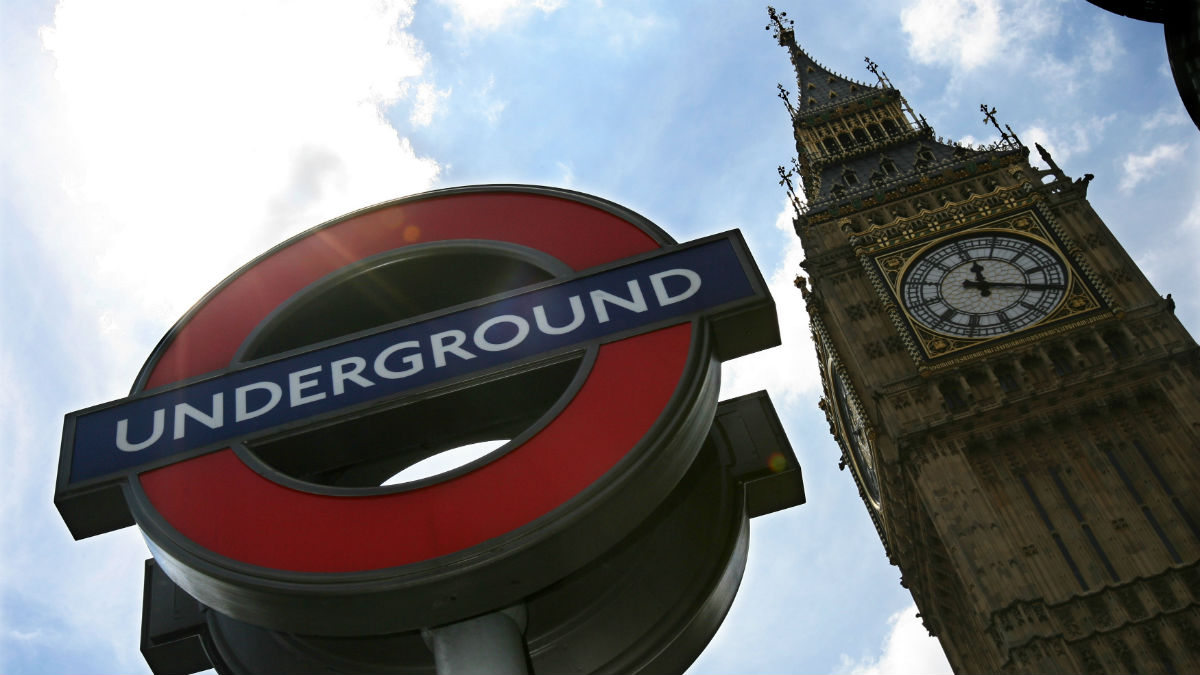
A free daily email with the biggest news stories of the day – and the best features from TheWeek.com
You are now subscribed
Your newsletter sign-up was successful
Nearly a third of London Underground (LU) stations are at an increasing risk of becoming flooded, according to an unpublished report obtained by The Guardian.
Out of 270 Tube stations, 57 are presently at a high risk and a further 23 are classified as having a "significant" flood risk, according to London Underground's risk analysis.
A total of 85 separate sites have been identified as being at a high risk of experiencing flooding, including transport hubs such as London Bridge, King's Cross and Waterloo.
The Week
Escape your echo chamber. Get the facts behind the news, plus analysis from multiple perspectives.

Sign up for The Week's Free Newsletters
From our morning news briefing to a weekly Good News Newsletter, get the best of The Week delivered directly to your inbox.
From our morning news briefing to a weekly Good News Newsletter, get the best of The Week delivered directly to your inbox.
More than half the stations on the Northern Line are at high risk and other highlighted sites include busy interchange stations such as Stockwell and Finsbury Park.
"It is only a matter of time before heavy rainfall seriously affects London and the underground network," the report says. "The risk is generally expected to increase [as] climate change predictions are that storms will become more intense."
The report was apparently commissioned following Hurricane Sandy, which flooded parts of the New York City subway system in 2012.
Closures and delays caused by flooding would cost millions for London Underground, whose ticket turnstiles recorded 1.3 billion journeys last year. Serious issues affecting the network would likely have an impact on the wider economy of the capital as more than half of London commuters rely on the Tube or Docklands Light Railway to reach their workplace.
A free daily email with the biggest news stories of the day – and the best features from TheWeek.com
London Underground has requested £3m over the next three years from Transport for London to investigate the riskiest sites and put protective measures in place.
However, Anthony Fernihough, the head drainage engineer, warned that amount "is not going to scratch the surface of it".
Climate change activists responded to the news by arguing that more radical action is needed to tackle the long-term issue of flood damage arising from heavy rainfall.
"If the underground goes underwater, we might finally see some real action on climate change from Westminster politicians," Guy Shrubsole, of Friends of the Earth, told the Guardian.
-
 Political cartoons for February 16
Political cartoons for February 16Cartoons Monday’s political cartoons include President's Day, a valentine from the Epstein files, and more
-
 Regent Hong Kong: a tranquil haven with a prime waterfront spot
Regent Hong Kong: a tranquil haven with a prime waterfront spotThe Week Recommends The trendy hotel recently underwent an extensive two-year revamp
-
 The problem with diagnosing profound autism
The problem with diagnosing profound autismThe Explainer Experts are reconsidering the idea of autism as a spectrum, which could impact diagnoses and policy making for the condition
-
 Woman accidentally puts nan in washing machine
Woman accidentally puts nan in washing machineTall Tales And other stories from the stranger side of life
-
 Bangladesh dealing with worst dengue fever outbreak on record
Bangladesh dealing with worst dengue fever outbreak on recordSpeed Read
-
 Glacial outburst flooding in Juneau destroys homes
Glacial outburst flooding in Juneau destroys homesSpeed Read
-
 John Kerry in Beijing: how red China is turning green
John Kerry in Beijing: how red China is turning greenfeature Climate talks set to resume between Washington and Beijing this week
-
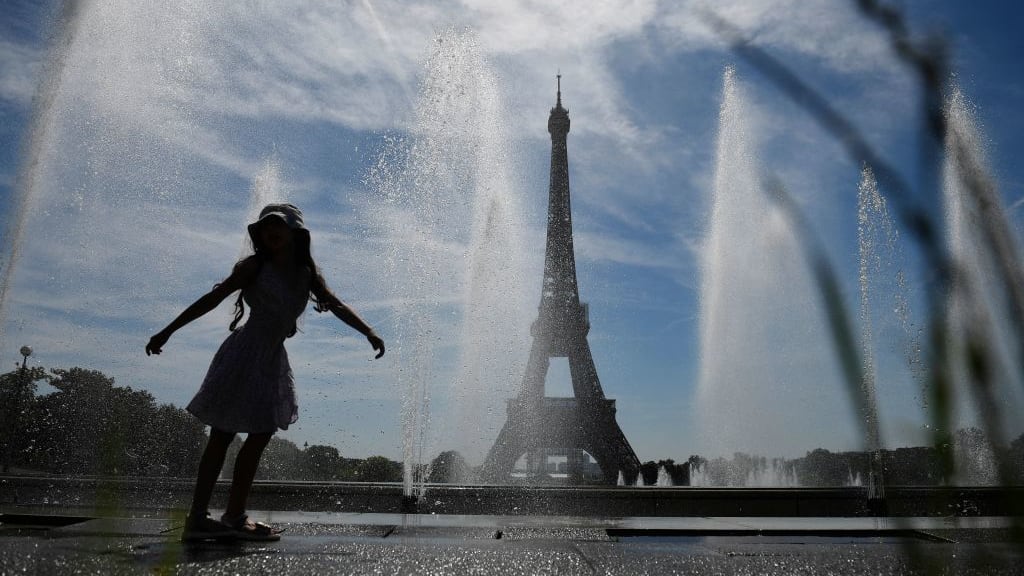 Study: Nearly 62,000 people died in 2022 European heatwave
Study: Nearly 62,000 people died in 2022 European heatwaveSpeed Read
-
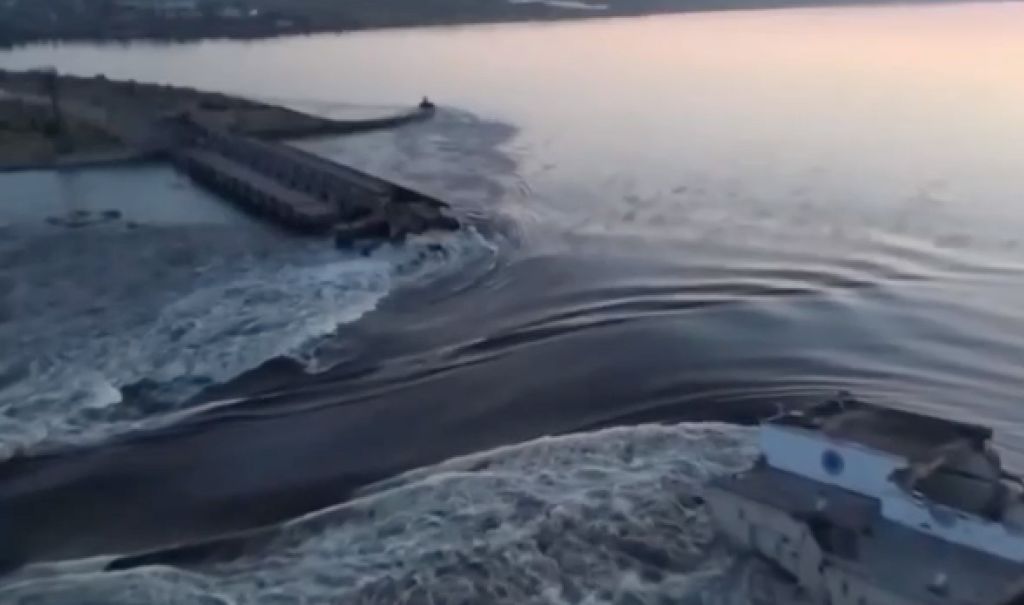 Ukraine blames Russia for destroying major hydroelectric dam 'in panic' as counteroffensive starts
Ukraine blames Russia for destroying major hydroelectric dam 'in panic' as counteroffensive startsSpeed Read
-
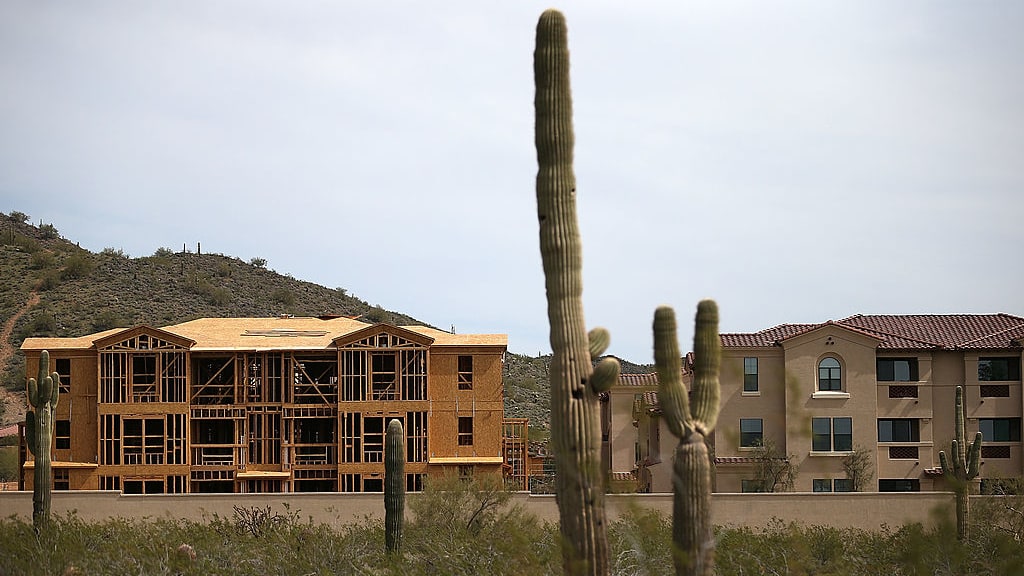 Arizona limits construction in Phoenix area amid groundwater shortage
Arizona limits construction in Phoenix area amid groundwater shortageSpeed Read
-
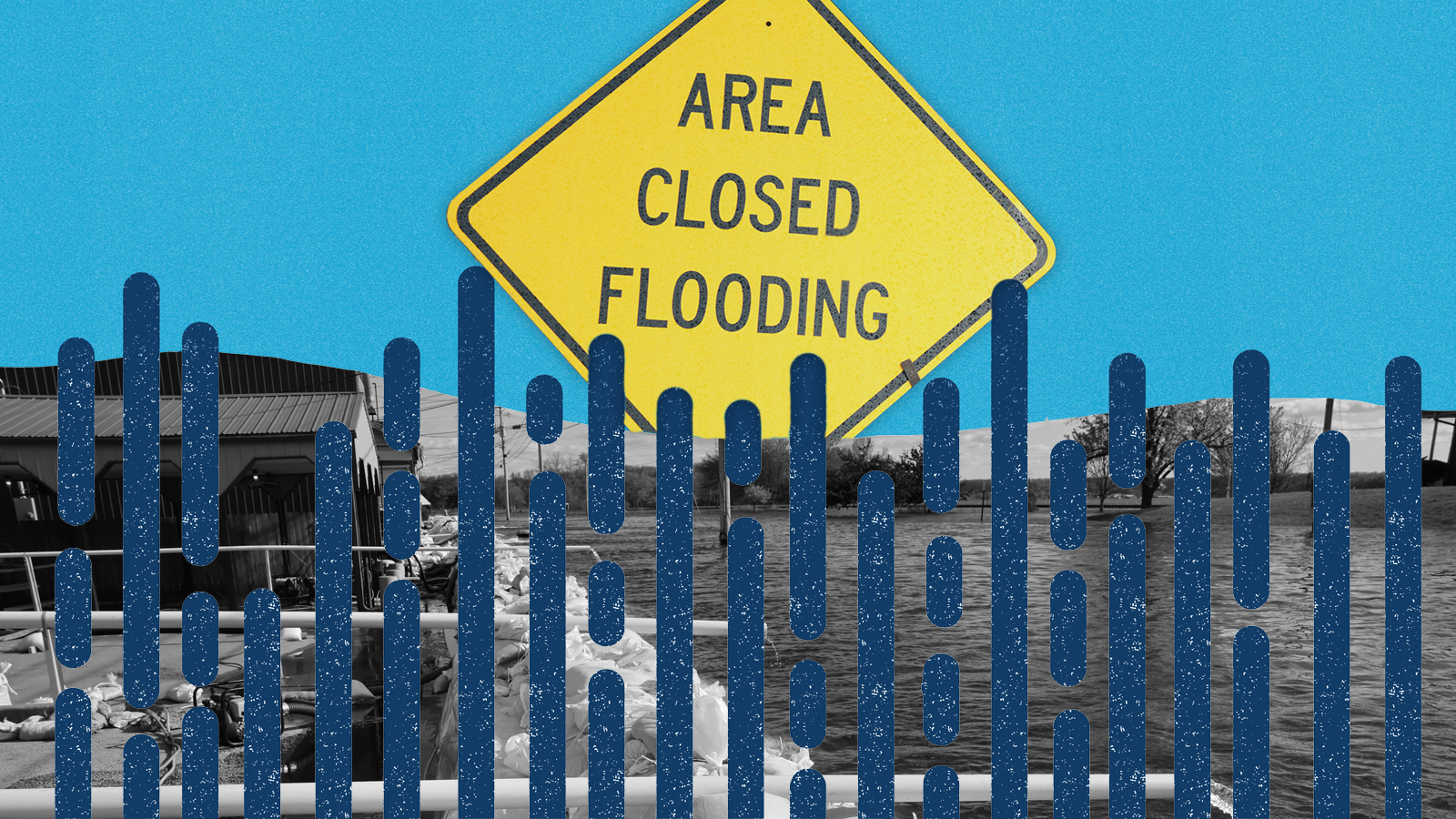 How bad are this year's Mississippi River floods?
How bad are this year's Mississippi River floods?Speed Read "Everybody's plan along the river has been put to the test"